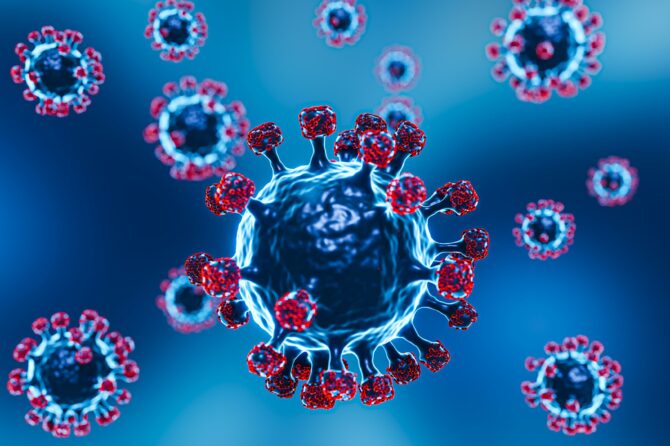
COVID-19
The impact of COVID-19 pandemic on mental health of Slovak families with children with autism spectrum disorder and families with typically developing children The research aimed to monitor changes in the mental health of families with children with autism spectrum disorder (ASD) as well as families with neurotypical children, from first to third wave of





